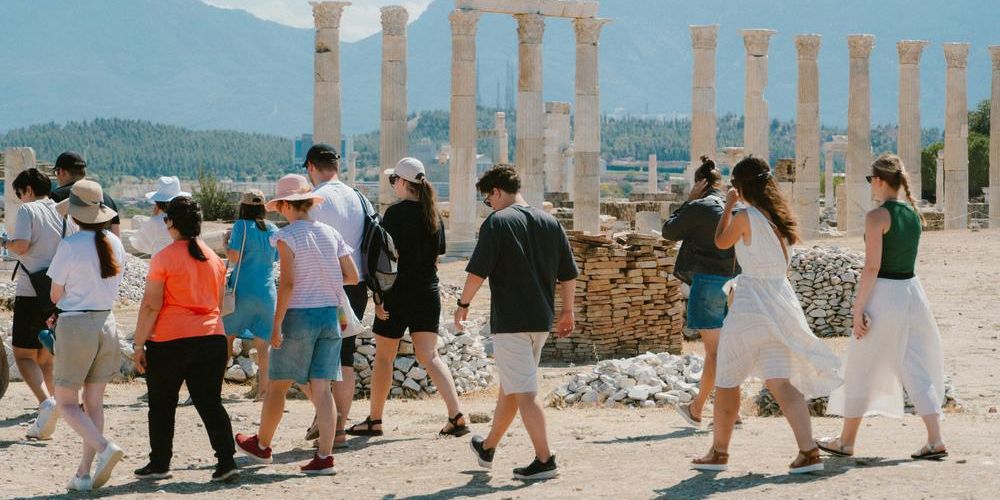The strike has caused major interruptions in public transportation including buses, trains, and ferries. Airports in Athens, Thessaloniki, and other key cities are experiencing flight delays, cancellations, and long queues due to striking ground staff, security personnel, and air traffic controllers.
Popular tourist attractions, museums, and hotel operations are either closed or running with limited capacity, affecting visitor experiences. Local businesses dependent on tourism such as restaurants and shops are also seeing decreased activity.
Travelers arriving at Greek airports and ferry terminals to islands like Santorini, Mykonos, and Crete are facing cancellations and altered schedules. Business travellers are also struggling to keep to their plans amid transportation delays. Many tourists are forced to adjust their itineraries at short notice, creating widespread uncertainty.
The strike shows no signs of ending soon and may continue for several days. Additional sectors could join the protest, leading to further impacts on Greece’s tourism and hospitality industries. Travelers planning to visit Greece are advised to monitor travel updates closely and prepare for potential delays or cancellations.
The strike is a response to labour law reforms aimed at increasing market flexibility but criticised by unions for weakening worker protections and job security. The timing coincides with Greece’s peak tourist season, amplifying the strike’s impact on the country’s critical tourism sector.
Greek authorities acknowledge the disruptions but remain committed to the reforms. Contingency plans are underway to reduce the impact on essential travel services, though widespread participation in the strike limits their effectiveness. Travelers experiencing flight delays or cancellations should contact airlines directly for assistance. Visitors in Greece are encouraged to check with local tourist offices for alternative arrangements.
The ongoing strike threatens Greece’s reputation as a dependable tourist destination. Continued disruptions and visitor frustration could lead to a decline in future tourism, posing long-term challenges for the country’s vital travel industry.









